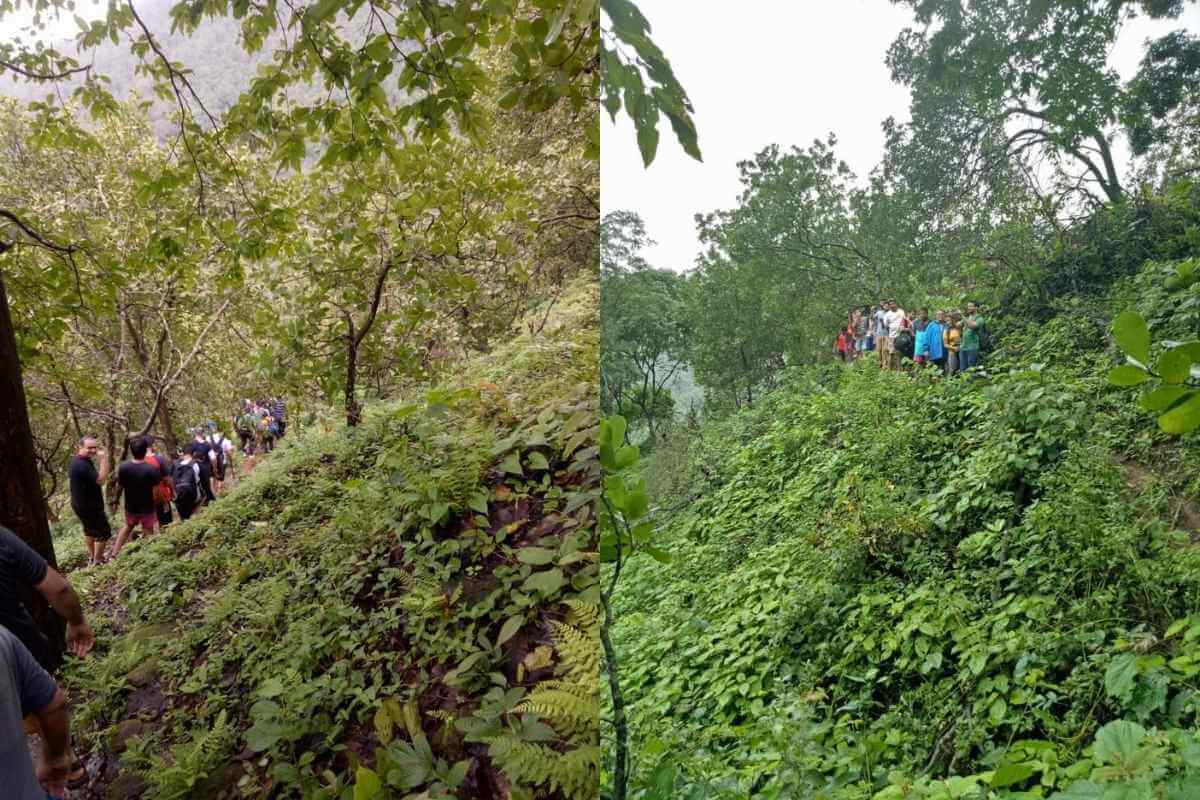Saying that Tourism Minister Babu Azgaonkar does not understand the tourism industry, the tourism stakeholders have shown their discontent over the statement of Babu and his intention to bring the legislation to cap hotel tariffs and prices of food served in hotels. The hospitality industry in Goa that already facing the brunt of the dip in sales of rooms in the main season time, does not have any place for such action from tourism minister.
There is a cold war going on between the stakeholders of the tourism industry of Goa and the tourism minister and both of them think differently. According to the stakeholders, the regulations of prices of Room Tariffs and Food by the Tourism Minister will kill the hotel industry, but the minister thinks opposite, according to him, the overpriced hotels hurt the tourism business and there is a serious need of regulating the prices.
Goa Hoteliers Upset over the statement of Tourism Minister to Bring The Hotels and Food Industry Under Prices Under Regulation but the minister is not ready to listen as according to him the overpriced hotels hurt the tourism business and there is a serious need of regulating the prices.
Based on the reports published in various media houses, the footfalls of the tourists, particularly the foreign arrivals have dropped drastically this season affecting the overall business of the hospitality industry in Goa.
According to the Times of India due to slack in business, the hoteliers and tour operators are angry on the statement of tourism minister Manohar Azgaonkar that he intends to bring in a legislation to cap hotel tariffs as well as prices of food served in hotels. Upset with this statement, trade stakeholders say Azgaonkar doesn’t understand the tourism industry.
The members of the TTAG (Travel and Tourism Association of Goa) is not in favor of the statement of tourism minister. According to them, the regulation of room tariffs and prices of food items will not only kill the industry, but it will affect Goa’s economy which is solely dependent upon the tourism industry after mining activities stopped.
According to the managing director of Sotter Leasing and Holding Pvt Ltd, Jude Sotter, who is also the tourism stakeholder and a member of TTAG, the hotel industry does not come under the purview of necessities and hence the government does not have right to regulate the prices of it.
“The hotel industry does not operate in the field of necessities and the government has no role to play in regulating prices of hotel rooms and food,” he said.
The TTAG members also argued that prices of the room tariffs and food are based on the inputs which also includes the taxes. “These costs vary from hotel to hotel and restaurant to restaurant subject to the standard of hotel/restaurant,” they argued.
I’ve received some news reports saying that some hotels are charging exorbitant rates and this gives the perception that the tourists have to pay a high cost for rooms. We’ll not tolerate this, says tourism minister
One of the stakeholders who does not want his name to be mentioned said that the tourism minister does not understand the industry. These type of legislation will destroy the industry rather than nurture it.
The hoteliers feel that it is not alone the rise in tariff that is responsible for bringing the tourist numbers down but the multiple factors like GST, cost of visa and other factors have also affected the hoteliers in Goa.

“High GST rate, high cost of visa, difficulty of commuting from airport to hotel within Goa, taxi issues and lack of professionalism in promoting Goa have all taken a toll on Goa’s tourism sector,” said director, Riviera de Goa, Hotels and Resorts Pvt Ltd, Francisco de Braganca, adding that These issues need to be attended urgently rather than targeting the hotel industry.
According to the Chief operating officer, Sita Travels and TCI, Ernest Dias, the high taxation rate prevailing in Goa makes other destination looks cheaper and that is affecting the hotel industry in the state.
“With taxation being so high – 33 % in total – other destinations appear cheaper. In fact, until recently, problems in other countries such as Sri Lanka, Egypt, Turkey, and Tunisia benefitted Goa. Those countries have started giving incentives to attract tourists,” said Dias, adding that the tourism minister needs to pay attention to the factors that have led to declining in footfalls.
According to Mr. Braganca, the tourism minister’s proposal of capping the room tariff and food prices in Goa are neither practical nor appropriate “Some 5-star hotels provide super luxury and so are priced higher to recover cost and taxes paid. Some starred hotels provide basic luxury at the threshold level. Clubbing them in one category will kill super luxury hotels which are flag bearers and driving force of destination.”
The former TTAG president Ralph de Souza said that hotel occupancies are down because of high taxes and “thanks to the government’s failure to protect and expand international tourist inflow”.
Chairman and managing director, Alcon Victor Group, Victor Albuquerque said, “If the government tries to cap any prices, it will sound the death knell for the industry. It is not possible to generalize rates. The government should instead focus on providing better infrastructure and float clean projects that will bring tourists to Goa.”
According to the stakeholders, the regulations of prices of Room Tariffs and Food by the Tourism Minister will kill the hotel industry, but the minister thinks opposite, according to him, the overpriced hotels hurt the tourism business and there is a serious need of regulating the prices.
Meanwhile, according to the tourism minister Babu Azgaonkar, the low footfalls of tourists this season is caused by the high prices of the rooms and food, and the state government is gearing up to correct the wrongs that have given an impression of Goa being sold as an overpriced destination.
The Tourism minister Manohar Azgaonkar warned the hoteliers saying that the government is mulling an amendment to the Tourist Trade Act to regulate hotel room rates. He also said action would be initiated against those eateries which overprice their food rates.
“I’ve received some news reports saying that some hotels are charging exorbitant rates and this gives the perception that the tourists have to pay a high cost for rooms. We’ll not tolerate this,” he said, adding that he would hold a meeting with general managers of star hotels over their tariffs.
According to the tourism minister, the prices such as 60,000 to 70,000 per room night is not justifiable. “Can one justify a tariff as high as Rs 60,000–70,000 per room night? These kinds of things send wrong messages outside the state,” Azgaonkar told TOI.
The war is never ending since the hoteliers are right on their part and the tourism minister feels correct on his part. The Goa needs good quality tourism, but that is not possible in an absence of the better infrastructure and facilities.
There is a need that the tourism minister looks into the facilities and visa issues besides looking into the problems faced by the tourists and unless that is done, there seem to be no good days for the tourism stakeholders in Goa.































1 thought on “The regulations in Room tariffs and Food prices will kill the hotel industry in Goa, says tourism stakeholders”
First of all the Goan rude behavior and attitude should be change it the main issue why people are turning back on goa…. It’s time to change